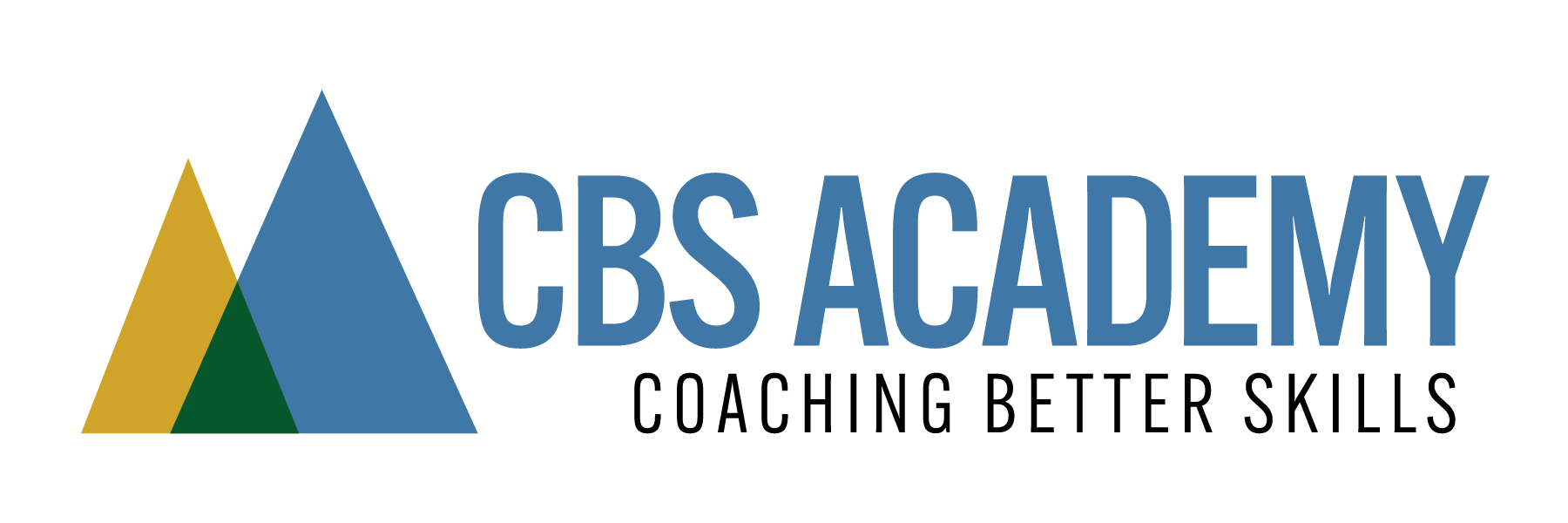
3 things managers need to do more of: listen to calls, listen to the agents, and listen to calls with their agents.
Listening to calls can be painful and often time consuming but not listening to calls falls under the same premise of believing telling is easier than asking. Meaning, sometimes the call skill connection to the results is not always readily clear or easily explained. Calls scored by QA teams are back and white – it is “did they do it or not?”. QA seldomly listens to if the skill was needed or not. The tone of the conversation is also missed.
Listening to calls helps managers hear the challenges their agents are having and how they are handling the calls. Knowing the scenarios or situations the agents encounter and then hearing how the skill was used or could have been used is more effective than just saying the skill was missed. Additionally, it helps to know what situations come up repeatedly. You can also hear agent struggles and strengths. Listening to your agents helps you understand how the agents are interpreting the call skills and their application of the skills.
Listening to calls with your agents allows a better calibration of understanding and expected application of call skills and allows the agent to hear your interpretation of the call. Agents also better buy-in to the feedback when they can self-identify the skills and hear how they sound and how the customer responded. It helps to hear the context of the conversation and why the skill was needed or how the skill missed could have helped the conversation. Agents may not like hearing their voice but hearing a live conversation is better than just hearing the written assessments of the call. At CBS, we always coach to listen to the calls and use real scenarios, as these better connect with the agent. Otherwise, the coaching will seem more theoretical. Additionally, listening to calls with your agents is a great way to reinforce good behavior as well as correct unwanted behavior.
Thus, listening to calls should be a regular part of a manager’s routine – no matter what level – as this connects to the floor and the actual situations that the agents encounter. You can hear the strength and weaknesses of the agents and why they are effective or not. This is also helpful to know if there are policies or procedures that are hindering the effectiveness of the agents.
Use all available time to listen to calls –for example, while you are working on the computer, you can listen to calls in the background and just jot down the name and information on a small pad. You will become skilled at hearing the calls and identifying the flow the calls and the skills. You will become efficient in hearing when something is wrong or right based on the customer’s responses. Schedule an hour every other day to listen to calls, as this ensures you get the time in. And use your sessions with the agents to validate their understanding of the skills by allowing the agents to self-assess the calls. Finally, after the sessions with the agents, listen to calls to see if the behavior changed. Make sure to recognize the good behavior publicly and address the bad behavior one-on-one.
